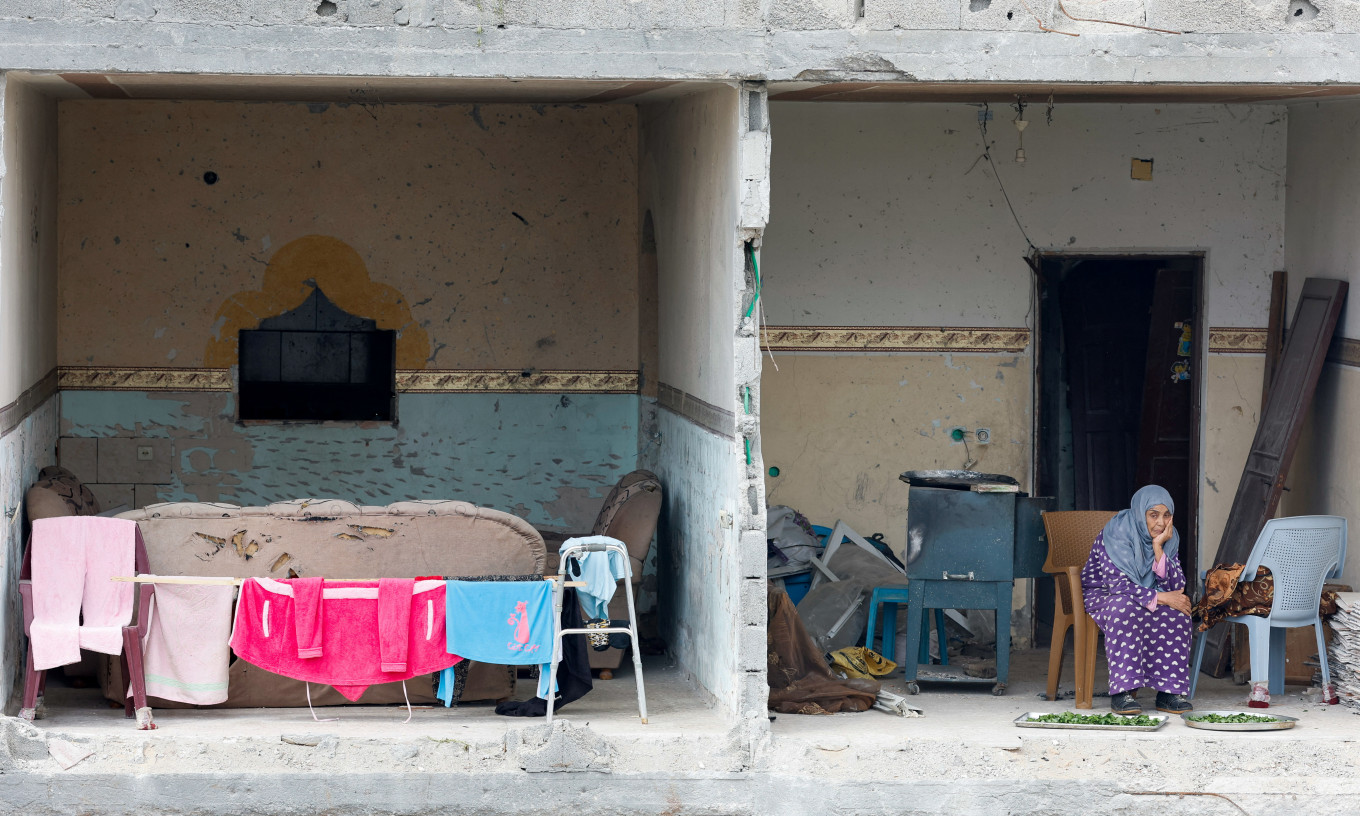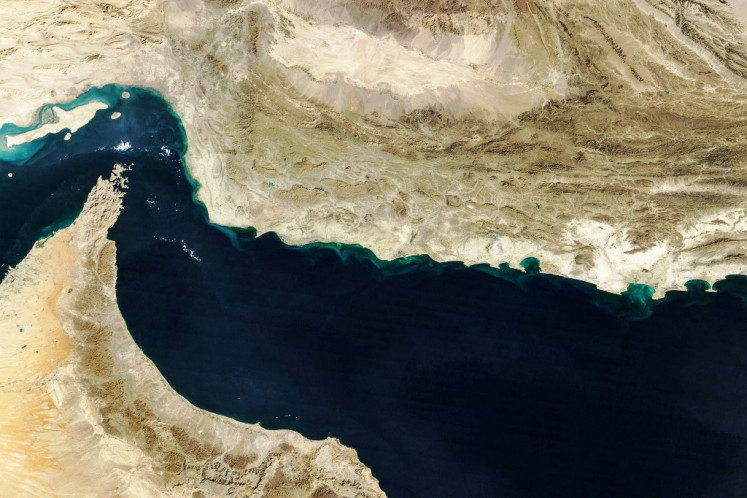Popular Reads
Top Results
Can't find what you're looking for?
View all search resultsPopular Reads
Top Results
Can't find what you're looking for?
View all search resultsUNSC has become ‘NATO’
Looking at the myriad complications following the passage of the UNSC resolution on a cease-fire in Gaza for Ramadan, which ends in just over a week, perhaps it's time to ask whether the institution is up to its task of maintaining peace and security in today's world.
Change text size
Gift Premium Articles
to Anyone
A
s soon as the United Nations Security Council (UNSC) passed on March 25 a resolution demanding for an immediate cease-fire in Gaza, its 15 members became embroiled in the question of how binding it is on Israel, which has been carrying out a massive military operation against Hamas militants in the occupied territory.
Even if they eventually agree that Resolution No. 2728 is binding, and that’s a big if, the members will then debate how to enforce it.
And the entire high-level, high stakes diplomatic exercise risks ending up a big waste of time, because the resolution is time-specific: The cease-fire is only for the Islamic fasting month of Ramadan, which ends in just over a week on April 9.
In the meantime, Israel is continuing its genocidal acts in Gaza, even after the death toll passed the critical 30,000 mark last month, comprising mostly women and children. The toll is likely to rise more rapidly now, since more than 1 million Palestinians are facing what a UN report called “catastrophic” levels of hunger.
Not only is Israel murdering Palestinian civilians and destroying their homes in its bid to eliminate Hamas, its soldiers are also preventing international relief supplies of food and medicine from reaching Gaza. Many more people will die of famine and treatable injuries, if they are not killed outright by Israeli soldiers and strikes.
It’s clear by now that no amount of international pressure, not least a UNSC resolution, can stop Prime Minister Benjamin Netanyahu from realizing his plan to destroy Hamas, wiping Gaza off the map in the process, no matter how high the body count goes.
While the resolution may have slowed down his plan to launch a full-scale ground operation in Gaza’s southern border town of Rafah, there is no restraining him after Ramadan ends.
The latest resolution was the council’s fifth attempt at demanding a cease-fire after all previous attempts were vetoed, and was passed by 14 votes, with a lone abstention from the United States.
Facing international and domestic pressures to bring an end to the genocidal campaign, Washington relented, but not before watering down the resolution to include a time limit and the unconditional release of “all hostages”. And as soon as the vote was held, its UN representative made it clear that as far as the US was concerned, the resolution was nonbinding, triggering another endless debate.
It's sad to see that Washington is only willing to go halfway, if that, in trying to get Israel to stop killing the Palestinian people. This may sound disingenuous, but the US has been the key backer and defender of Israel, and has consistently shielded the Jewish state from criticisms against its violent actions, not only in Gaza but also in the West Bank.
The 10 elected UNSC members that put forth the resolution might celebrate that their diplomatic efforts paid off.
But the resolution changes nothing on the ground. Rather, it might give Palestinians false hope that the world has finally come to save them after suffering from constant Israeli bombardment since October.
This raises serious questions about the council’s effectiveness in fulfilling its primary responsibility to maintain international peace and security. Thanks to the US, and the four other permanent members with veto power, it has become impotent. If the UNSC is representative of the world, then we have all failed the Palestinian people.
By defying the resolution and many international laws, Israel is upsetting the world order, essentially with the support of the UN, of which it is a member. This sets a bad precedent that the council can only talk about ending a war, but not actually stop one.
When the UNSC has become the new “NATO” (no action, talk only), the world is indeed a dangerous place to live.











